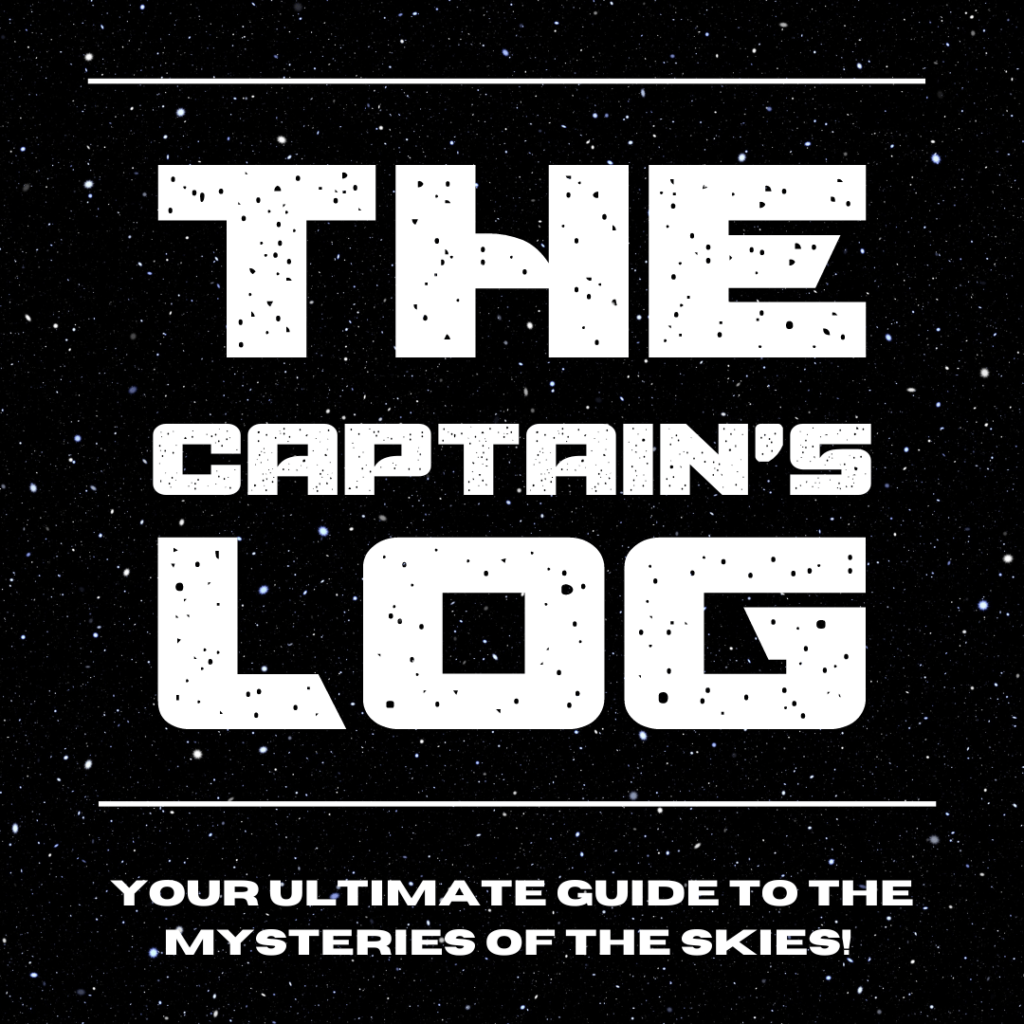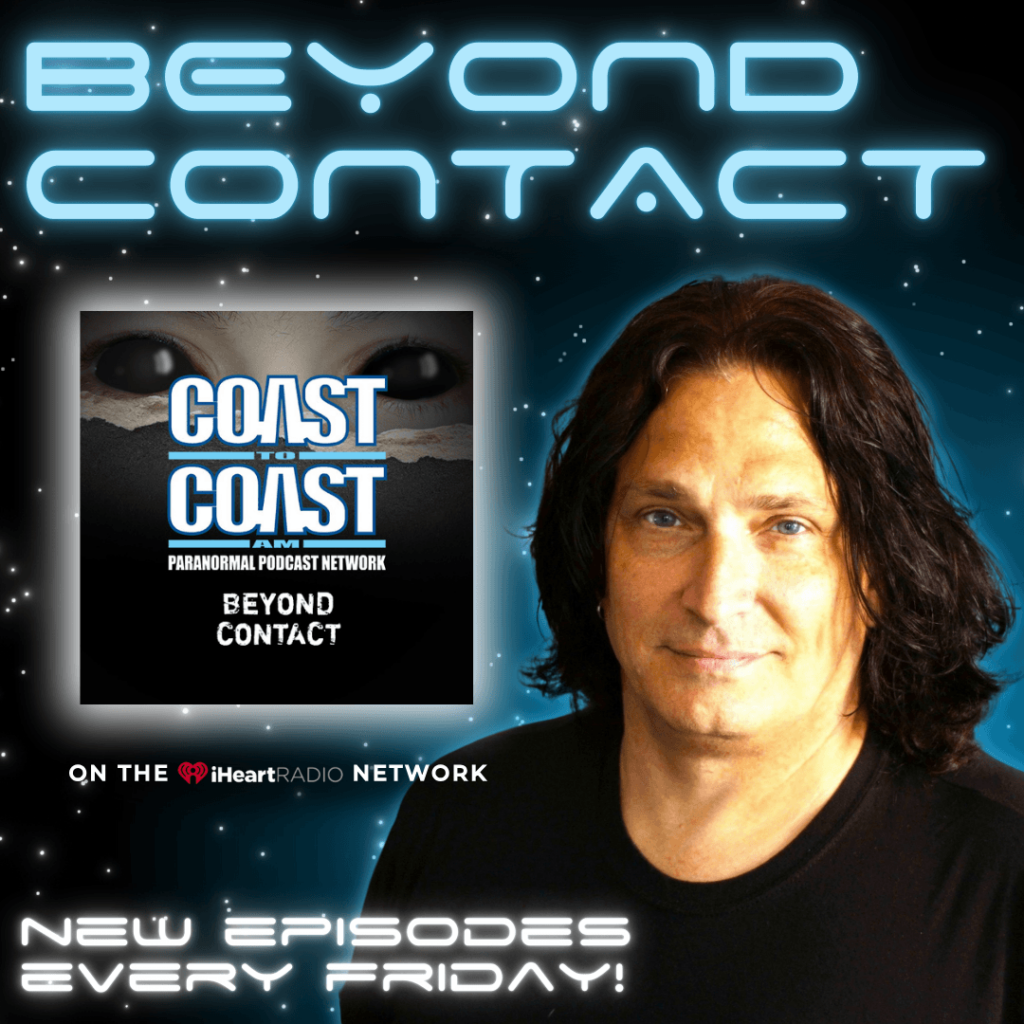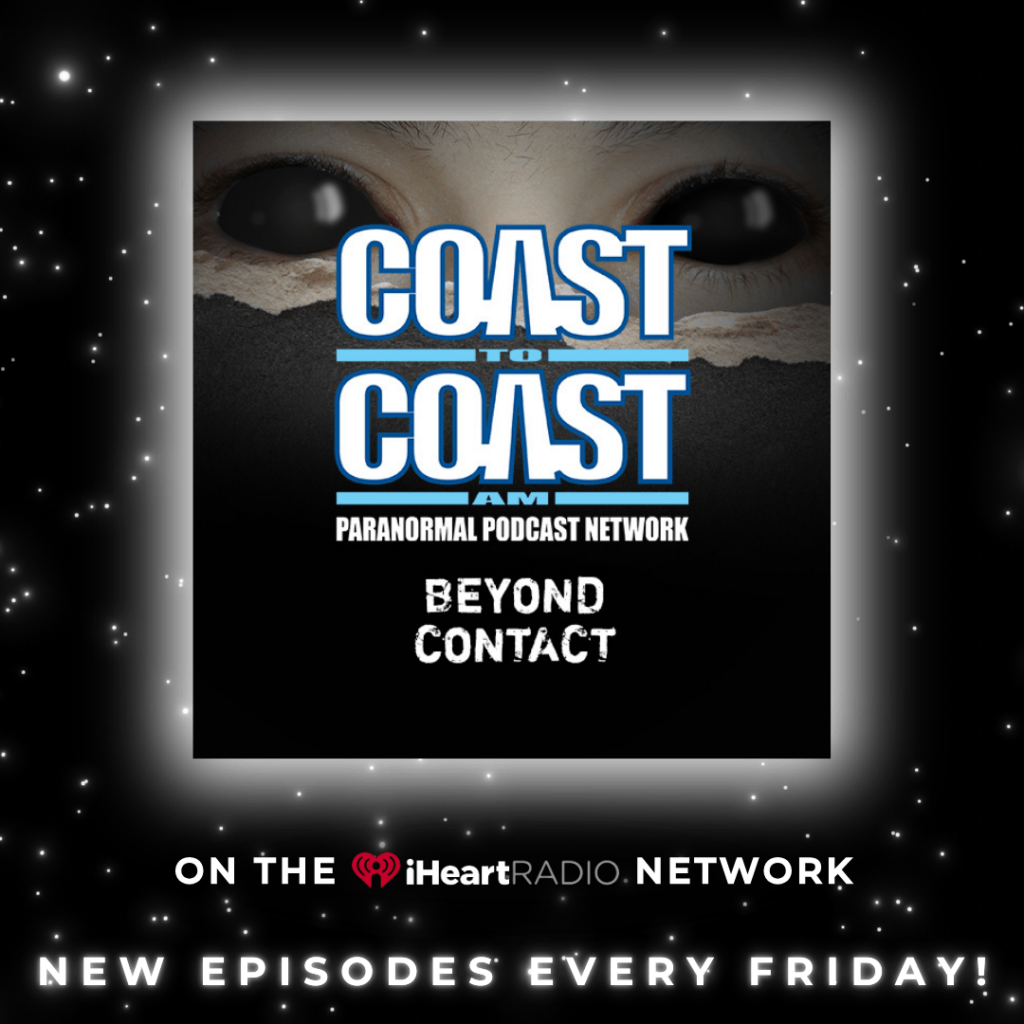Captain Ron welcomes Tracy Dolan, an expert in Remote Viewing and UFO research. Tracy shares her remarkable RV experiences and current work in the field. They explore her findings from various UFO cases, including significant sightings and ET encounters. Tracy’s unique approach combines psychic techniques with scientific UFO investigation, offering fresh perspectives on extraterrestrial phenomena.
Tracy Garbett Dolan is a distinguished member of the UFO community, known for her work as a remote viewer, a close encounter researcher, and a lecturer. With extensive experience in controlled remote viewing, Tracy has shared her insights and personal experiences to help others understand and harness this fascinating ability.
Remote viewing is a practice that captivates and intrigues, straddling the line between science and the unexplained. It involves perceiving information about a distant or unseen target without using any conventional sensory input. For decades, this skill has been researched, tested, and sometimes even used by intelligence agencies. Today, we’ll dive deep into what remote viewing is, how it works, and why it might be much more accessible than you think.
What is Remote Viewing?
Remote viewing, simply put, is the act of gathering psychic perceptions about a target that is otherwise hidden from the viewer. The target can be anything—an object, person, or location—that the remote viewer has no direct or prior knowledge of.
Controlled Remote Viewing (CRV)
Controlled Remote Viewing (CRV), often synonymous with the term “remote viewing,” was developed during studies by Stanford Research Institute (SRI) and the military to investigate psychic abilities. This version of remote viewing is designed to be structured and replicable, making it different from spontaneous psychic phenomena. The protocols developed at SRI act as a set of instructions that help guide a remote viewer in honing their natural intuition.
“The idea of remote viewing may sound like something out of a sci-fi movie, but it’s grounded in real, structured experiments. Russell Targ, one of the pioneers behind the studies at SRI, and his colleagues worked to make this practice more predictable and understandable by establishing strict protocols to help guide participants. This is why controlled remote viewing is sometimes referred to as an ‘applied science’ of the psychic realm.” – Tracy Garbett Dolan
The First-Time Effect: How Beginner’s Mind Enhances Accuracy
One of the surprising phenomena associated with remote viewing is what’s known as the “first-time effect.” Researchers, including Russell Targ’s research, found that people attempting remote viewing for the first time often achieve better results compared to those who have practiced for longer. There are several possible explanations for this.
For many beginners, remote viewing is approached almost like a game; there’s no pressure to perform, which allows their natural intuition to come through more easily. Moreover, there’s a psychological aspect—since they haven’t yet experienced failure, beginners often carry a stronger belief in their own abilities. This belief can be a crucial factor in success.
“This ‘beginner’s mind’ allows new participants to let go of the doubt and skepticism that often hampers seasoned remote viewers, giving them the openness to fully engage with their intuitive senses.” – Tracy Garbett Dolan
The Monroe Institute and Altered States
The Monroe Institute is an organization famous for its research into altered states of consciousness, such as out-of-body experiences (OBEs) and lucid dreaming. Their methods overlap significantly with the techniques used in remote viewing.
One of the reasons that remote viewing is thought to work is that individuals achieve a certain relaxed, almost meditative state, where they can “tune in” to information that lies outside their normal perception. The Monroe Institute, by working with binaural beats and other consciousness-expanding tools, helps participants reach these altered states. Remote viewing protocols often require a similar level of focus and mental quietude to allow impressions to emerge.
A Personal Story of Remote Viewing Success
To understand the true impact of remote viewing, it’s helpful to consider real-life examples. Tracy Garbett Dolan, a prominent member of the remote viewing community, shared one of her most profound experiences during an outbounder experiment. An outbounder experiment involves trying to locate a person somewhere in the world by describing their environment in detail.
“After receiving my target number and focusing, I began experiencing vivid sensations: I could smell moss, feel the cool mist of water, and even detect the presence of animals like ducks. I could see a fountain—shadowy and tall—and even caught a glimpse of a reflective surface showing a woman’s eye.” – Tracy Garbett Dolan
Amazingly, the target location turned out to be Lake Eola in Orlando, Florida, where the assigned person was sitting by a fountain. Even more incredible, Tracy ended up meeting the person years later, and discovered that during the target time, this individual had indeed looked into a compact mirror, directly accounting for the reflective image Tracy had perceived.
Studies Involving Precognitive Dreams
Remote viewing isn’t confined to meditative states while awake; it also works through dreams. Studies such as the precognitive dream remote viewing study have demonstrated that participants can access information about a target while they sleep. In one notable study, participants were asked to focus on a specific target before going to bed, and the results were compelling—many were able to accurately describe their target based on their dreams.
How You Can Get Started with Remote Viewing
So, how can someone new to remote viewing get started? Here are a few tips:
- Relaxation is Key
Begin by sitting comfortably and taking deep breaths. The aim is to quiet your mind and eliminate distractions.
- Focus on the Target
Often, a remote viewing session starts with a target reference number, which doesn’t hold meaning on its own but helps you focus on a specific place, person, or event.
- Record Impressions
Take note of all the images, sensations, or thoughts that come to mind, no matter how unrelated they seem.
- Practice
Just like any skill, remote viewing improves with practice. You can use photos, places, or objects that are later revealed to validate your impressions.
The Role of AI and Future Implications
In the future, artificial intelligence might play a key role in understanding and advancing remote viewing and psychic phenomena. With the ability to analyze vast quantities of qualitative data, AI could potentially identify patterns that have eluded human researchers for decades. Whether it’s analyzing old case files from remote viewers or studying brainwave data, AI might bring us closer to understanding how and why remote viewing works.
The Broader Implications
The implications of remote viewing are far-reaching. From intelligence-gathering during the Cold War to potential applications in law enforcement or personal exploration, remote viewing challenges our current understanding of human potential. It suggests that our consciousness is not as constrained by time and space as we might have believed.
Whether you’re interested in it as a fun experiment or believe it could lead to greater insights about the human mind, remote viewing remains one of the most intriguing areas of psychic research.
Want to Learn More?
This article only scratches the surface of what’s possible with remote viewing. To learn more, listen to our latest podcast episode featuring Tracy Garbett Dolan, where we explore these themes in greater detail. Tune in to Beyond Contact on your favorite podcast platform!







